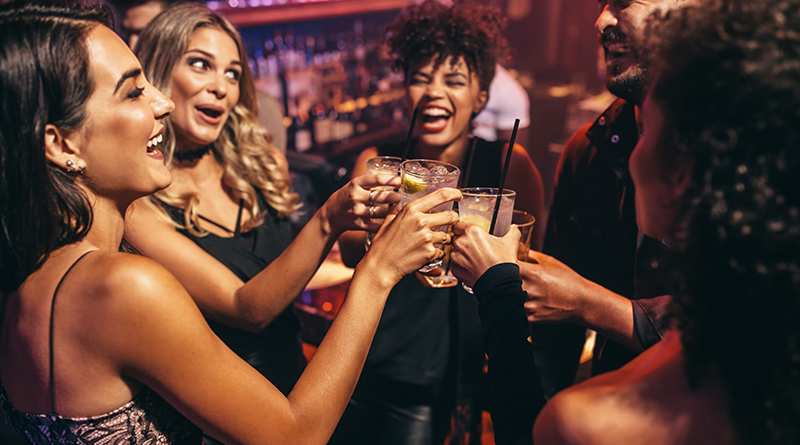Sector Set for New Year’s Eve Boost- Reflecting Shift in UK Hospitality Trends

The UK hospitality and on-trade sector is gearing up for a promising New Year’s Eve, with spending in pubs, bars, and restaurants expected to provide a significant economic boost.
New data from music licensing company PPL PRS estimates that Brits could spend up to £505 million in pubs and bars as they welcome 2025, reflecting a growing appetite for experiential leisure over traditional celebrations at home.
Nearly half (42%) of UK adults plan to celebrate New Year’s Eve by heading out, with one in seven (13%) choosing pubs or bars as their venue of choice. Restaurants are also seeing increased interest, as more people opt for meals out to mark the occasion. Online booking platform OpenTable reports a 17% year-on-year rise in New Year’s Eve dining in 2023, making it one of the busiest dining days of the year, second only to Mother’s Day.
Spending habits suggest a willingness to indulge, with one in five (19%) partygoers expecting to spend £100 or more on the night, and another 17% budgeting £50. These figures highlight the opportunity for the hospitality sector to capitalise on the festive mood.
New Year’s Eve celebrations are evolving, driven by generational shifts and changing consumer preferences. While nearly two-thirds (61%) of Gen Z plan to celebrate late into the night, only 10% intend to do so in nightclubs, preferring gatherings at family homes. In contrast, millennials and Gen X prioritise quality time with friends, with 17% and 18% of these age groups respectively favouring social get-togethers.
This shift has also sparked a rise in “experiential leisure,” as noted by UKHospitality CEO Kate Nicholls. Venues offering activities such as darts, golf, and cricket are growing in popularity, catering to consumers seeking more than just food and drink.
Despite the positive trends for pubs, bars, and restaurants, the night-time economy continues to face significant challenges. The number of UK nightclubs has dwindled dramatically, from over 3,000 in 2005 to just 786 by mid-2024, according to CGA by NIQ and AlixPartners.
Rising costs, workforce shortages, and lingering impacts of the pandemic have contributed to this decline.
The Night Time Industries Association (NTIA) highlights the “culmination of pandemic debt, growing energy bills, workforce challenges, supply chain issues, and landlord pressures” as key factors reducing footfall and ticket sales. Nonetheless, the sector’s shift towards experience-led socialising showcases its resilience and ability to adapt to consumer demands.
With cost-conscious consumers prioritising value, promotions like free entry before 11 pm or two-for-one drink offers could attract more revellers to pubs, bars, and restaurants. Meanwhile, the growing trend toward experiential dining and leisure presents a pathway for venues to differentiate themselves and thrive in a competitive market.
“New Year’s Eve is always one of the biggest nights in the hospitality calendar,” Nicholls said, adding that evolving consumer preferences continue to shape the industry’s offerings.
